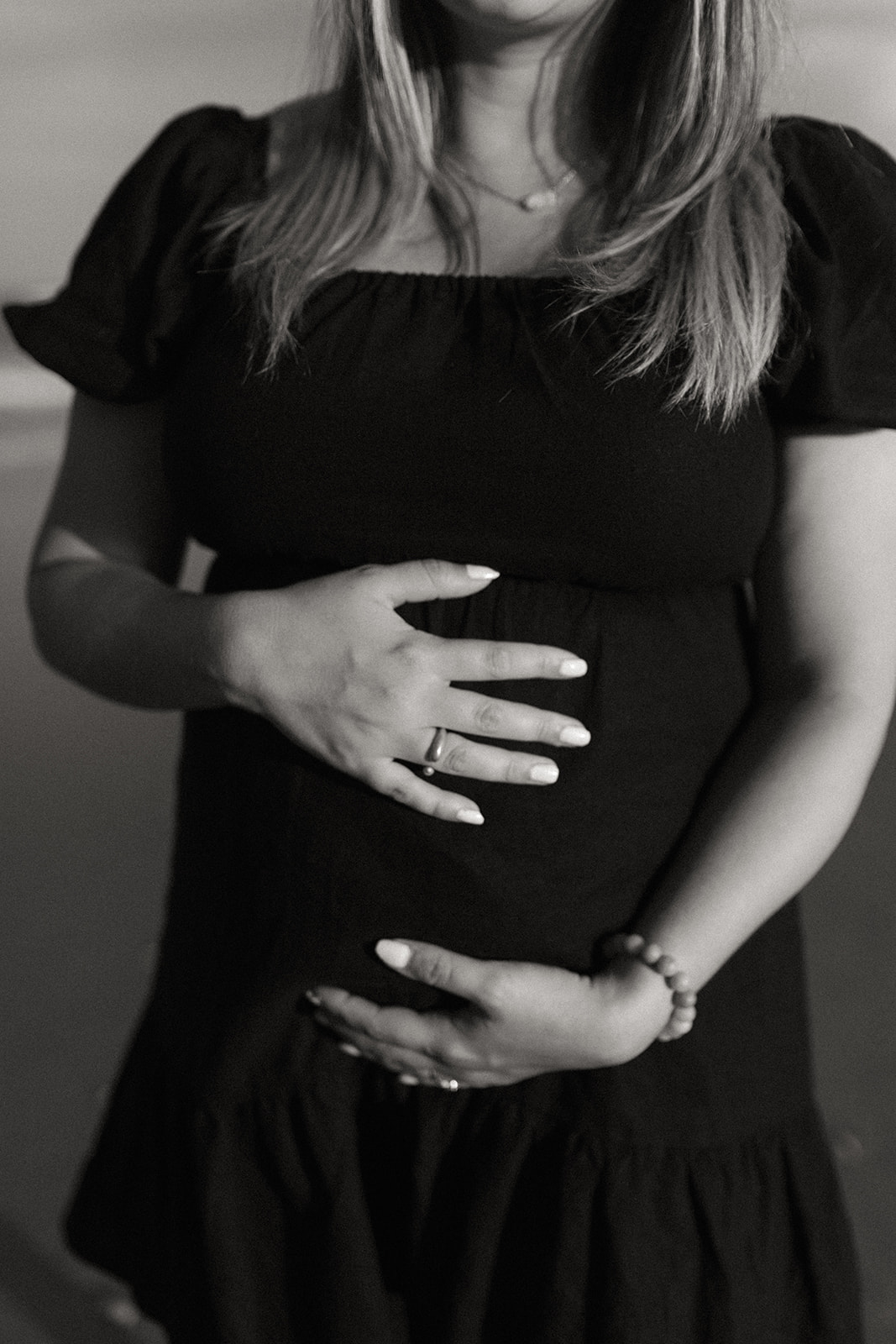How to Express Your Emotions in Your Relationship

I love marriage and I think it’s so important to see marriages thrive. I am reading a textbook called Emotion-Focused Couples Therapy and thought I would do a series on what I am learning. I found a quote on Pinterest that really hit me. “My therapist told me the only way to control your emotions is to show them”. You can’t control sadness you never express. Then your sadness turns to anger, hostility, bitterness and resentment. And you have officially created a monster. Wow, Is this true. An emotion, like sadness, is at the root of many other emotions. Many times anger is really sadness and fear working together or separate. Here’s a few tips on how to express your emotions in your deepest relationship based out of Emotion-Focused Couples Therapy.
Emotions
There is something in therapy we call affect regulation as a core motive that organizes attachment, identity, and attraction. This is the process of having the emotion you want and not having the emotions you don’t want. This isn’t about controlling your emotions, but working on self-regulating your emotions enough to know which ones you want and which ones you don’t want. According to decades of research on emotion-focused therapy, they have found that individuals who are depressed, anxious, and traumatized can find personal growth when they learn how to self-soothe and regulate their own deepest core fears, shame, and anger.
Many times in relationships we have unmet needs from our childhood that spill out into our adulthood. The problem is, we don’t always know what they are. Emotions are important to understand for relationships. A great place to start is to feel each emotion in your body. Where is the emotion? Is it in your chest? Your gut? You jaw? Describe the feeling.
Emotional communication exists non verbally as well as verbally. “Partners affect each other’s heart rate, breathing, perspiration, and physical well-being” (pg 20). It’s neurochemical! When a partner asserts themselves or expresses hostility, testosterone, adrenaline, and cortisol all increase; muscles tense and hearts beat faster. Emotions truly bind relationships together, however they also can tear a relationship apart, if they are not explored and processed properly.
Identity
Couples start fights when they are concerned with how they are perceived. You argue with your partner not because of lack of closeness or connection but because of desiring to be seen and heard and validated. Arguments come about in order to protect an identity or a belief. Recently I was thinking about how pride may play into this. If a person desires to be perceived as the one with all of the answers or in charge this could create issues in the future.
Couples can become fused in order to avoid conflict. This looks like one changing and the other staying the same. Growth doesn’t happen and the relationship just exists. In a really unhealthy fused relationship we see a dominant and a submissive partner. A dominant and submissive partner has to do with their identity and a fight to be in control. Emotions are used to establish this. In an unhealthy relationship one person in the marriage will fight to control the other using shame. When or if you are in this type of relationship keep talking if you are the one who has had to change. Keep communicating. If you are wanting to stay the same and you know your partner desires you to change something, remember every relationship requires you to grow. If you find another relationship you will carry the same issues into that one. Why not learn about your identity, emotions and find motivation to work at your relationship? Give it a try.
I really believe that this is where faith is important. The Bible desires the husband to serve their wives as Christ loved the church — he sacrificed his life. The Bible also says to “submit” to each other.
“Submit to one another out of reverence for Christ.”
Ephesians 5:21
And then Philippians 2:3 says, “Do nothing out of selfish ambition or empty pride, but in humility consider others more important than yourselves.”
And if this is grounded in our identity in Christ, we will have the strength to lay our pride down.
And to put on the new self, created after the likeness of God in true righteousness and holiness.
Ephesians 4:24
No unkind word can change your identity. No boss who hasn’t been listening can change your worth. No failure can change the fact that Christ loved you so much.
I remember a family friend of my in-laws saying to John and I during a hard stretch during the pandemic, “take care of each other”. I love that. It’s what marriage should be.
Motivation
You need to have a motivational system to keep attracting and liking each other to maintain an intimate bond. Necessary for a strong relational bond couples need to feel warmth, appreciation, cherishing, and valuing each other. This will lead to pleasure and compassion.
Affection sends off chemical endorphins that are like natural opiates and produce pleasure. Showing affection, paying attention to the other’s needs, facial expressions and making sure the other feels heard and seen is important for an effective regulation in marriage. “Taking care of others also regulates one’s own, as well as the other’s, feelings, while linking and being liked by others elevates one’s sense of vitality and purpose” (page 42). You will know that these things are not happening when one no longer feels understood, soothed, joyful, validated, and secure but instead feels anger, shame, boredom, and anxiety in one’s marriage.
People seek marital therapy when affect regulation and communication in the marriage is failing and the relationships become patterned around distressing affects. You need to be motivated to work towards the opposite happening. When a couple realizes the long term goal is to be known and heard by the other and this then produces motivational feelings they will not be satisfied to only have short term happiness which is what submissive and dominant roles provide in marriage. Instead, the motivation for a happy marriage lies in seeing and hearing the other equally.
To have a healthy marriage one needs to understand how to self-soothe and at the same time be emotionally accessible to the other person. This is why marriage can be hard. It is focused on the emotional health of the individual along with the couple.
I love studying about family and couples. I really do see a God who created emotions and connection throughout my studies. I found this theory really helpful. “Emotion-focused couples therapy emphasizes fostering interdependence, which involves mutual caring, validation, and concern for the needs of self and other” (page 48). Expressing your emotions and needs in your marriage is crucial. Use your emotions in your relationship by figuring out where you are putting your identity, what your emotions are telling you, and find the motivation behind serving each other.










